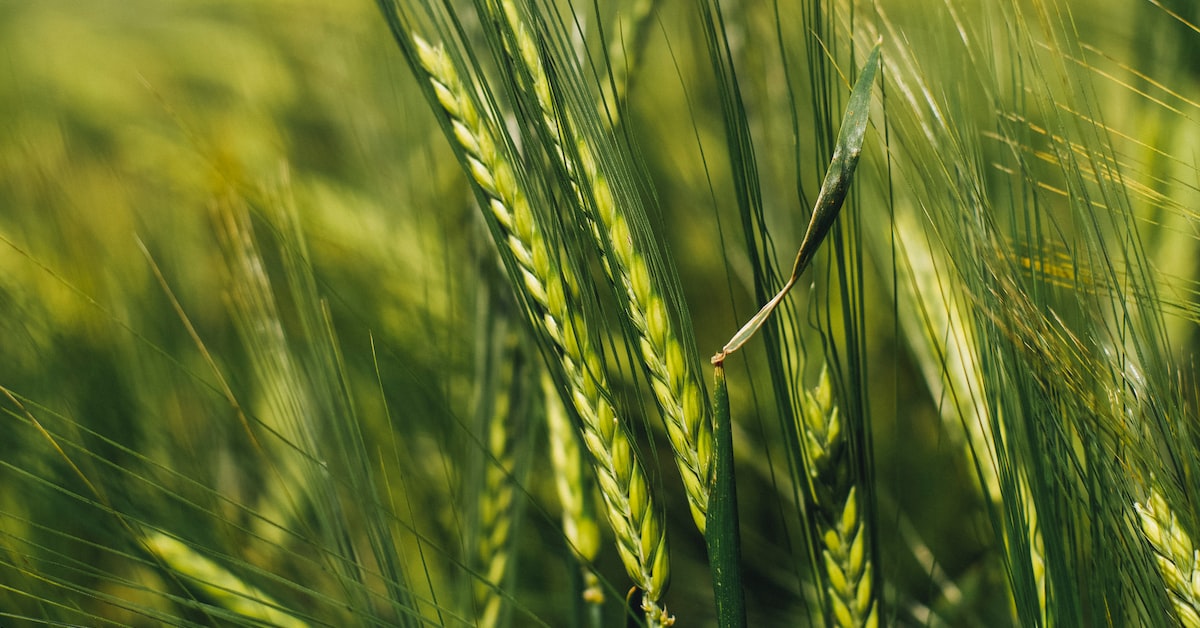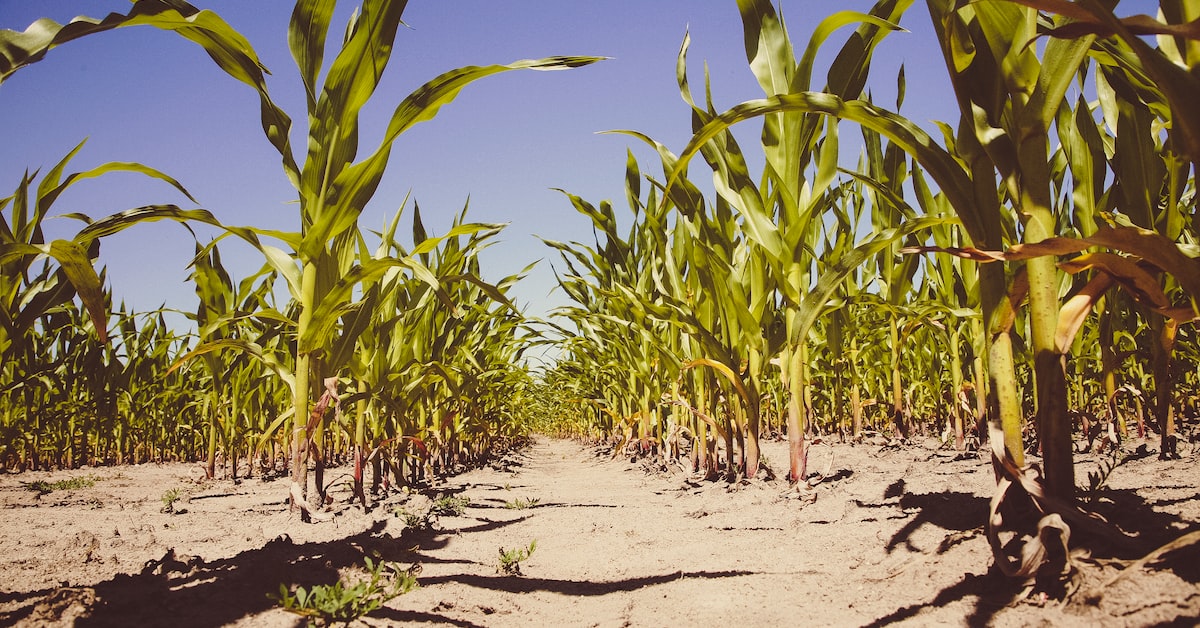Are you tired of the concrete jungle and yearning for a breath of fresh air? Imagine a world where you can step out of your apartment and onto a lush green rooftop, plucking fresh tomatoes or herbs for dinner. Welcome to the exciting world of urban farming, where cities are transforming into sustainable oases. In this 2000-word blog post, we’ll explore the burgeoning opportunities in sustainable agriculture within cities. Get ready to discover how urban farming is changing the way we live, eat, and connect with the environment.
The Rise of Urban Farming
A Green Revolution in the Concrete Jungle
Urban farming isn’t just a passing trend; it’s a full-blown revolution. As cities grow more crowded, the need for sustainable food sources becomes increasingly pressing. Urban farming provides a solution, allowing us to grow our food where we live.
From Balconies to Rooftops
From balcony herb gardens to massive rooftop greenhouses, urban farming takes on many forms. It’s not just about planting a few flowers on your balcony; it’s a comprehensive movement. The urban farming trend is adaptable and accessible to people of all backgrounds.
Sustainable Agriculture: Why It Matters
Reducing Food Miles
One of the key benefits of urban farming is the reduction in food miles. Traditional agriculture often involves long transportation routes, contributing to pollution and food spoilage. Urban farming brings food production closer to consumers, cutting down on transportation and ensuring fresher produce.

Alleviating Food Deserts
In many urban areas, access to fresh and healthy food is limited. Urban farming helps bridge the gap, providing fresh produce to underserved communities. It’s not just about growing food; it’s about nourishing communities.
The Economic Aspect
Green Jobs and Entrepreneurship
Urban farming isn’t just good for the environment; it’s also a driver of economic growth. It creates job opportunities and fosters entrepreneurship. Imagine running your own rooftop farm or selling produce at a local market. The possibilities are endless.
Sustainable Farming Techniques
Hydroponics: Growing Without Soil
Hydroponics is a game-changer in urban farming. It’s a soil-less farming technique that conserves space and water. Plants are grown in a nutrient-rich water solution, reducing the need for vast tracts of land.
Vertical Farming: The Sky’s the Limit
Vertical farming takes urban agriculture to new heights, quite literally. It involves stacking crops in multiple layers, maximizing the use of available space. It’s like a high-rise for plants, where the sky’s the limit.
The Benefits of Urban Farming
Fresher, Healthier Food
When your food is grown a few floors above you, it doesn’t get any fresher. Urban farming ensures that you’re eating food at the peak of its nutritional value.
Environmental Benefits
Reducing the carbon footprint is another significant advantage of urban farming. With less need for long-haul transportation, reduced pesticide use, and smart water management, urban farming is an eco-friendly choice.
Challenges in Urban Farming
Space Limitations
While urban farming is promising, it’s not without its challenges. Limited space is a primary concern. As cities expand, finding room for these green initiatives becomes more difficult.
Economic Viability
For some, the upfront cost of setting up an urban farm can be prohibitive. While it can be profitable in the long run, the initial investment can be a hurdle.
Joining the Urban Farming Movement
Community Gardens
If you’re itching to get your hands dirty, consider joining a community garden. It’s a great way to learn about urban farming and make a positive impact in your local community.
Supporting Local Farms
Another way to be part of this movement is to support local urban farms. Shop at farmers’ markets and buy from businesses that prioritize sustainability.
The Future of Urban Farming
A Greener Tomorrow
The future of urban farming looks promising. As technology advances and more people embrace the movement, our cities will become greener and more self-sufficient.
The Potential for Global Impact
Urban farming isn’t limited to one city or country; it has the potential to impact the world. Imagine a future where urban farming helps address global food shortages and reduces the strain on rural agriculture.
Urban farming isn’t just about growing plants; it’s a movement that’s reshaping our cities, our food systems, and our future. It offers a sustainable solution to the challenges of modern urban living while promoting economic growth and environmental responsibility. So, whether you’re looking to start your own rooftop garden or simply support your local urban farm, there’s a place for you in the urban farming revolution. Embrace the green side of city living and be part of a greener, more sustainable future.



